The Chinese People's Liberation Army (PLA) on Monday monitored a Philippines-rallied joint air patrol in the South China Sea, which experts said on Tuesday was a political show aimed at China but had little military significance.
In a move to stir up the situation in the South China Sea, the Philippines on Monday rallied a country outside of the region, organized a so-called joint air patrol, and publicized the event, prompting the PLA Southern Theater Command to organize frontline naval and air forces to closely monitor their activities, and the situation was under complete control, the PLA Southern Theater Command said in a statement late on Monday.
The troops of the Southern Theater Command maintain high vigilance, resolutely defend national sovereignty, security and maritime rights, and firmly safeguard peace and stability in the South China Sea, the statement reads.
The Southern Theater Command's statement came after the Philippine Air Force announced on Monday that three of its FA-50 light fighter jets and a U.S. Air Force B-52H heavy bomber launched an air patrol "within the country's exclusive economic zone," the Philippine News Agency reported on the day.
From a military point of view, the Philippines-U.S. joint air patrol is of little (military) significance, and served as more of a political show, Fu Qianshao, a Chinese military aviation expert, told the Global Times on Tuesday.
"While the U.S.' B-52 bomber has strong long-range bombing capability, it lacks maneuverability and self-defense capability, so it requires escorts by fighter jets. But the Philippines' FA-50s are light fighters developed from trainer jets with very limited range. So this combination can only operate very close to the Philippine coast, in an effort to show the two countries' so-called cooperation," Fu said.
As a country from outside of the region, the U.S. sending the B-52 to the South China Sea is an attempt to deter China and stir up troubles by instigating the China-Philippines disputes over the islands and reefs, while the Philippines' armed forces are weak so they need a powerful force like the U.S. to support it, Fu said.
The latest Philippines-U.S. joint air patrol was part of the third maritime cooperative activities between the two countries that started on February 9, the Philippine report said, noting that the Philippines and the U.S. held the first edition of their joint patrols in November 2023 and the second one in January.
Fu said that the Philippines and the U.S. continue to make provocations, but these moves cannot fundamentally change the situation in the South China Sea.
"We will closely monitor these so-called joint patrols when they pose little threat. But if our core interests are provoked, particularly over the islands and reefs in the South China Sea, we will surely make countermeasures correspondingly," Fu said.
Zhuo Hua, an international affairs expert at the School of International Relations and Diplomacy at Beijing Foreign Studies University, told the Global Times on Tuesday that while the political show staged by the Philippines is laughable on military terms, such activities are still harmful to regional security in the long run.
The Philippines and the U.S. are making their maritime cooperative activities into a mechanism, which means that the Philippines are bypassing regional multilateral security mechanisms, marginalizing the negotiation progress of the Code of Conduct for the South China Sea, taking advantage of U.S. attempts in containing China, and coordinating with forces from outside the region in moves akin to military adventurism, Zhuo said, calling the move a huge hidden danger.
"The PLA Southern Theater Command has responded every time the Philippines and the U.S. held joint patrols, which reflects that China has always had full grip over their military provocations which would lead to corresponding countermeasures," Zhuo said. "It also showed the PLA's capabilities in safeguarding national sovereignty, security and maritime rights and interests in the South China Sea."








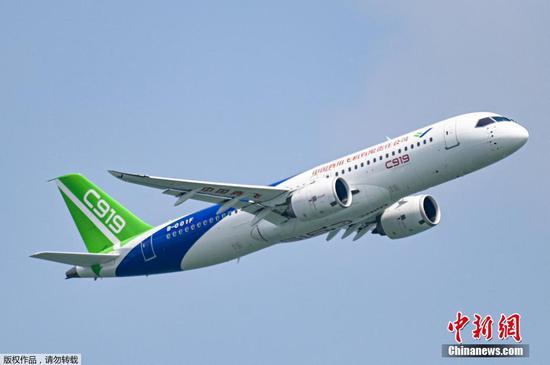

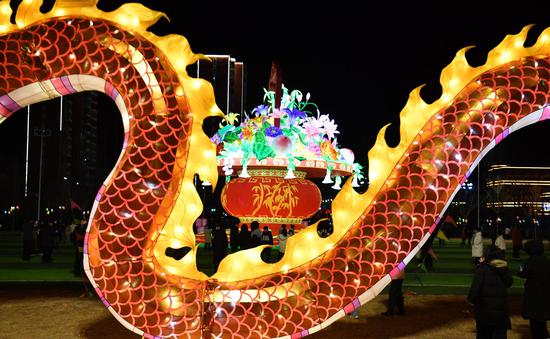

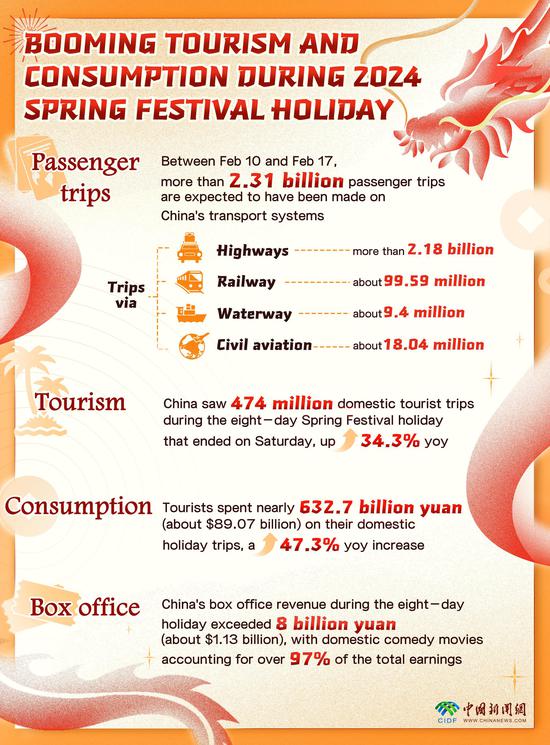


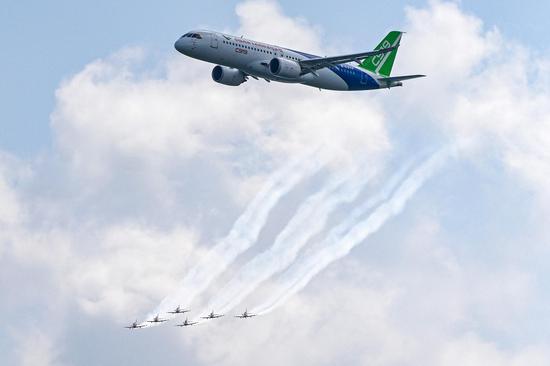
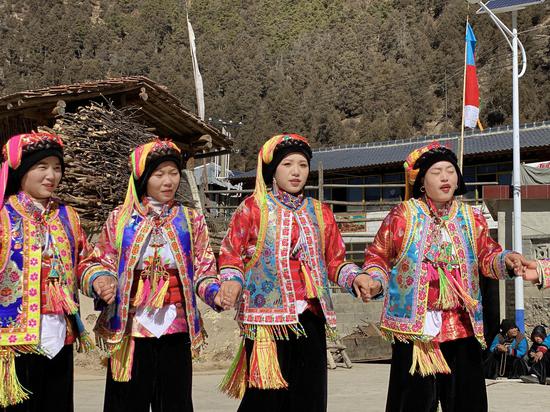

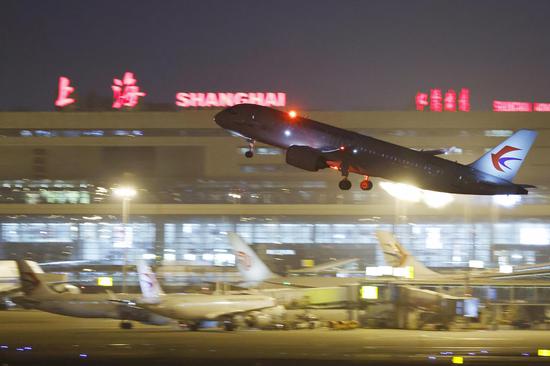






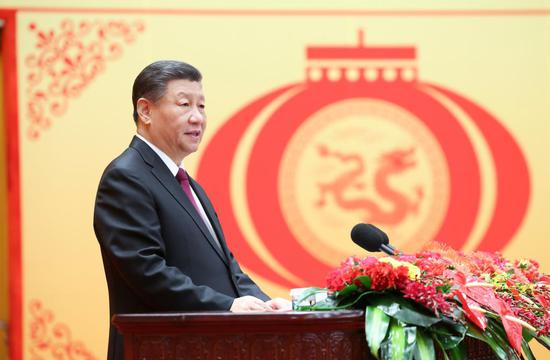

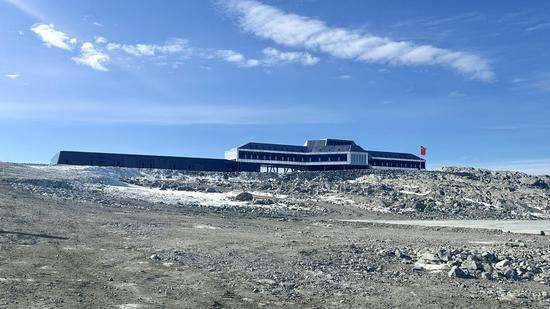


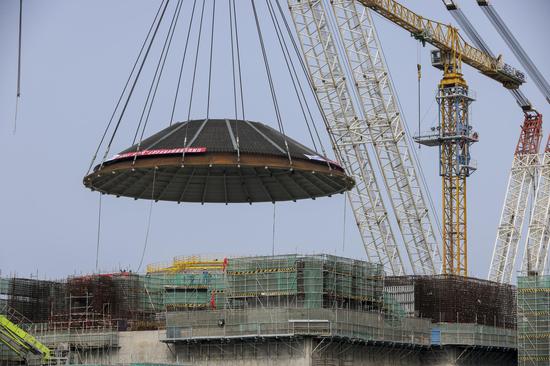





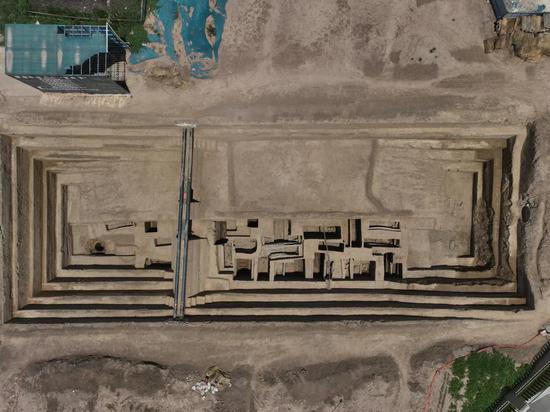

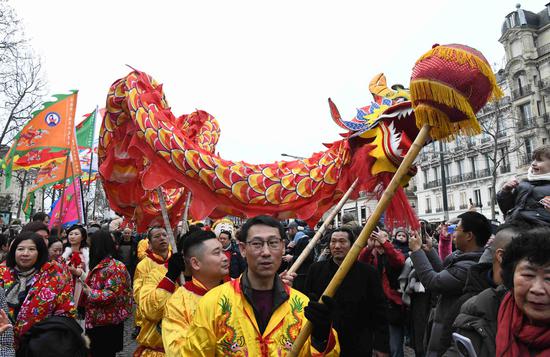
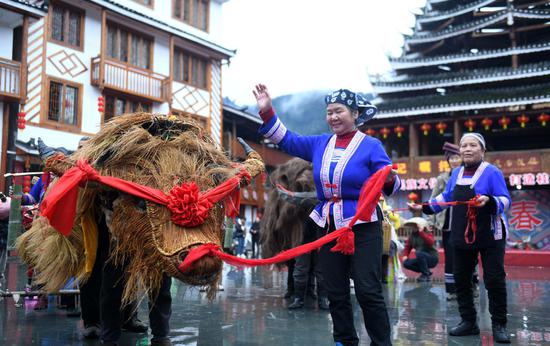
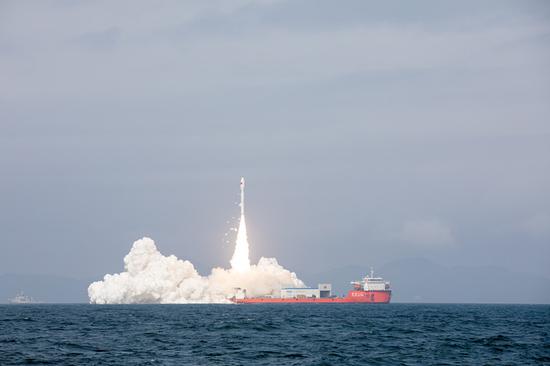


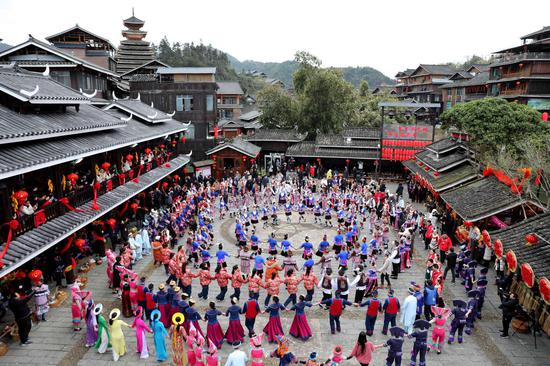






 京公网安备 11010202009201号
京公网安备 11010202009201号